domain — Wiktionary
Definition from Wiktionary, the free dictionary
Jump to navigationJump to search
See also: Domain
Contents
- 1 English
- 1.1 Etymology
- 1.2 Pronunciation
- 1.3 Noun
- 1.3.1 Usage notes
- 1.3.2 Synonyms
- 1.3.3 Antonyms
- 1.3.4 Hyponyms
- 1.3.5 Derived terms
- 1.3.6 Related terms
- 1.3.7 Translations
- 1.3.8 Further reading
- 1.4 Anagrams
- 2 Indonesian
- 2.1 Etymology
- 2.2 Pronunciation
- 2.3 Noun
- 2.4 Further reading
- 3 Spanish
- 3.1 Noun
English[edit]
Etymology[edit]
From Middle English demayne, demain (“rule”), from Old French demeine, demaine, demeigne, domaine (“power”), (French domaine), from Latin dominium (“property, right of ownership”), from dominus (“master, proprietor, owner”). See dame, and compare
See dame, and compare
Pronunciation[edit]
- (Received Pronunciation) IPA(key): /dəˈmeɪn/, /dəʊˈmeɪn/
- (General American) IPA(key): /doʊˈmeɪn/, /dəˈmeɪn/
Audio (US) (file)
- Rhymes: -eɪn
Noun[edit]
domain (plural domains)
- A geographic area owned or controlled by a single person or organization.
The king ruled his domain harshly.
Farmers account for just 1.5% of the British population, but the size of their domain – 71% of the country’s surface area is classified as farmland – has given them power over the public imagination.

2022, Behemoth (lyrics and music), “Ov My Herculean Exile”:
A blinded hermit in oblivion, disgraced / Like Odysseus lost in Poseidon’s endless domain / In a realm devoid ov solace, I roam
- A field or sphere of activity, influence or expertise.
- Dealing with complaints isn’t really my domain: get in touch with customer services.
- His domain is English history.
- A group of related items, topics, or subjects.
2012 January 1, Michael Riordan, “Tackling Infinity”, in American Scientist[2], volume 100, number 1, page 86:
Some of the most beautiful and thus appealing physical theories, including quantum electrodynamics and quantum gravity, have been dogged for decades by infinities that erupt when theorists try to prod their calculations into new
 Getting rid of these nagging infinities has probably occupied far more effort than was spent in originating the theories.
Getting rid of these nagging infinities has probably occupied far more effort than was spent in originating the theories.
- (mathematics) The set of all possible mathematical entities (points) where a given function is defined.
- (mathematics, set theory) The set of input (argument) values for which a function is defined.
- (mathematics) A ring with no zero divisors; that is, in which no product of nonzero elements is zero.
- Hyponym: integral domain
- (mathematics, topology, mathematical analysis) An open and connected set in some topology. For example, the interval (0,1) as a subset of the real numbers.
- (computing, Internet) Any DNS domain name, particularly one which has been delegated and has become representative of the delegated domain name and its subdomains.
- 2000, BIND 9 Administrator Reference Manual (9.3.2), Internet Software Consortium [3]
- Every name in the DNS tree is a domain, even if it is terminal, that is, has no subdomains.

- Every name in the DNS tree is a domain, even if it is terminal, that is, has no subdomains.
- 2000, BIND 9 Administrator Reference Manual (9.3.2), Internet Software Consortium [3]
- (computing, Internet) A collection of DNS or DNS-like domain names consisting of a delegated domain name and all its subdomains.
- (computing) A collection of information having to do with a domain, the computers named in the domain, and the network on which the computers named in the domain reside.
- (computing) The collection of computers identified by a domain’s domain names.
- (physics) A small region of a magnetic material with a consistent magnetization direction.
- (computing) Such a region used as a data storage element in a bubble memory.
- (data processing) A form of technical metadata that represent the type of a data item, its characteristics, name, and usage.
- (taxonomy) The highest rank in the classification of organisms, above kingdom; in the three-domain system, one of the taxa Bacteria, Archaea, or Eukaryota.
- (biochemistry) A folded section of a protein molecule that has a discrete function; the equivalent section of a chromosome
Usage notes[edit]
- (collection of information): Used in a context in which domain name services, or kindred services, are managed in a fashion that is integrated with the management of other computer and network related information.

- (collection of computers): Used in the same context as the collection of information domain sense.
Synonyms[edit]
- (geographic area): demesne
- (where a function is defined): domain of definition
- (collection of DNS names): domain name, hostname
- (taxonomic rank): dominium
Antonyms[edit]
- (domain of definition of a function): range
- (domain of definition of a function): codomain
Hyponyms[edit]
- application domain
- source domain
- subdomain
- target domain
- top-level domain
Derived terms[edit]
- cross-domain
- Dedekind domain
- domain hack
- domain kiting
- domain logic
- domain name
- domain name server
- domain name service
- domain of convergence
- domain of discourse
- domain tasting
- domain theory
- domain wall
- domain-joined
- domain-specific
- domain-specific language
- domaining
- domainless
- eminent domain
- Euclidean domain
- ferroelectric domain
- generic top-level domain
- megadomain
- naked domain
- Noetherian domain
- ordered integral domain
- power domain
- principal ideal domain
- protein domain
- public domain
- second-level domain
- synchronization domain
- time domain
- unique factorization domain
- value domain
Related terms[edit]
- DNS
- dominate
- dominion
- domino
Translations[edit]
a field or sphere of activity, influence or expertise
|
(mathematics) the set on which a function is defined
|
(mathematics) ring with no zero divisors
|
(mathematics) an open and connected set
|
DNS domain name
|
collection of DNS domain names
|
collection of computers
|
small region of magnetic material
|
(taxonomy) highest-level grouping of organisms
|
folded section of a protein
|
Further reading[edit]
- Domain (biology) on Wikipedia.
 Wikipedia
Wikipedia - domain in The Century Dictionary, New York, N.Y.: The Century Co., 1911
- domain in Webster’s Revised Unabridged Dictionary, G. & C. Merriam, 1913
Anagrams[edit]
- Amidon, Imonda, daimon, domina
Indonesian[edit]
Indonesian Wikipedia has an article on:
domain
Wikipedia id
Etymology[edit]
From English domain, from Middle English demayne, demain (“rule”), from Old French demeine, demaine, demeigne, domaine (“power”), (French domaine), from Latin dominium (“property, right of ownership”), from dominus (“master, proprietor, owner”). Doublet of dame.
Pronunciation[edit]
- IPA(key): [d̪oˈmaɪn]
- Hyphenation: do‧ma‧in
Noun[edit]
domain (plural domain-domain, first-person possessive domainku, second-person possessive domainmu, third-person possessive domainnya)
- domain
- Synonyms: daerah, ranah, wilayah
Further reading[edit]
- “domain” in Kamus Besar Bahasa Indonesia, Jakarta: Language Development and Fostering Agency — Ministry of Education, Culture, Research, and Technology of the Republic Indonesia, 2016.

Spanish[edit]
Noun[edit]
domain m (plural domains)
- (Internet) domain
Domain Age Checker — Check Domain Age Of any Website
HOW WELL DO YOU KNOW YOUR BUSINESS ?
In online business, how well you “do” can directly be determined by how well you “know.”
Because what you know is what you will apply. And it is from what you apply that your results will stem.
Having even the most seemingly insignificant information can put you one step ahead of the competition.
Sure, that involves crucial knowledge like knowing how to best win customers for your business. But it also involves elementary details like the domain age of your URL.
And that’s why we created this free, premium standard Domain Age Checker tool.
WHAT IS DOMAIN AGE ?
In simple terms, “Domain Age” refers to the amount of time during which a domain name has existed.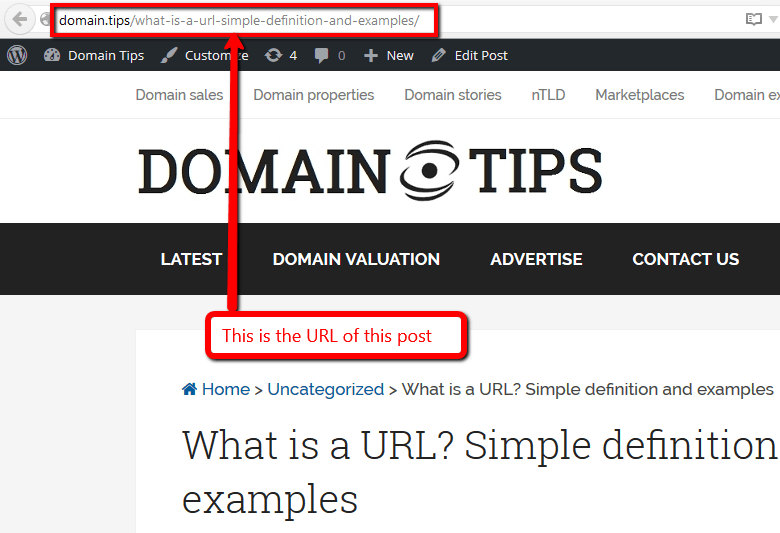 It is how old a domain name is.
It is how old a domain name is.
So for example, if a domain name was registered in 2010, the domain age will be 10 years by 2020.
And what’s a domain name? It is the URL of a website, just as smallseotools.com. That is, the address with which Internet users can access your website.
ABOUT DOMAIN AGE CHECKER BY SMALLSEOTOOLS
Domain Age Checker is a tool we built primarily for the purpose of checking the age of any domain name on the Internet.
This is by far the most powerful domain age checking tool you’ll find on the web because it is loaded with vital domain name checking features.
Normally, other domain age checkers just show you the age of the domain mostly in years.
But Domain Age Checker by SmallSEOTools is a lot more sophisticated.
Our domain tool shows you, not just the age of your domain name, but also the exact time, day, month, and year the domain name was created.
But that’s not all:
Our domain age checker also does the magic of showing you even more details about your domain name, including:
- The date the domain was last updated on
- The domain expiration date
- IP address (the IP address will tell you who is currently hosting the website and the type of IP address it has)
- Name servers attached to the domain name
- Way back link for checking the history of the domain name in Archive.
 org, including past designs, layouts, contents, etc.
org, including past designs, layouts, contents, etc. - Registrar of the domain name.
This means the tool not only serve as your domain age checker, but also as:
- Domain expiry date checker
- Domain IP address checker
- Web host checker
- Domain name server checker
- Domain registrar checker
With those pack of features, you can only agree that this is not your average domain age checker, but a sophisticated domain name analyzer.
Oh, and did we mention that you get all of this for $0. Yes, completely FREE. No hidden fees, no monthly charges. In fact, you can even use it without prior registration.
HOW TO USE THIS DOMAIN AGE CHECKER
Our Domain Age Analyzer is so easy to use you’d think you are having fun!
You can check a single domain name or run a bulk domain age check.
Here’s how:
Step #1:To use the tool, you’ll first need to be on this page (https://smallseotools. com/domain-age-checker) where you are now
com/domain-age-checker) where you are now
Step #2:
On the text box provided, enter your domain name(s) with http://.
Step #3:
Once you’ve entered your domain name(s), click on “Check Domain Age” to run the request.
It’ll take about a second for our well-built engine to return the result, which usually look like this:
You can click on “More info” to view other details as this:
If you click on “History of Domain,” the engine will show you the way back history of the domain. If the domain was registered 15 years ago and was used for five years and discarded, and again got registered and active 3 years ago, the history will show all of that.
Now this will give you an excellent idea of how old the domain is. You will also come to know if it had one or more previous owners.
No other machine is this sophisticated in the whole of the Interweb.
WHY CHECK THE AGE OF A DOMAIN NAME ?
There are different reasons why you may want to check the age of a domain name, which are listed below.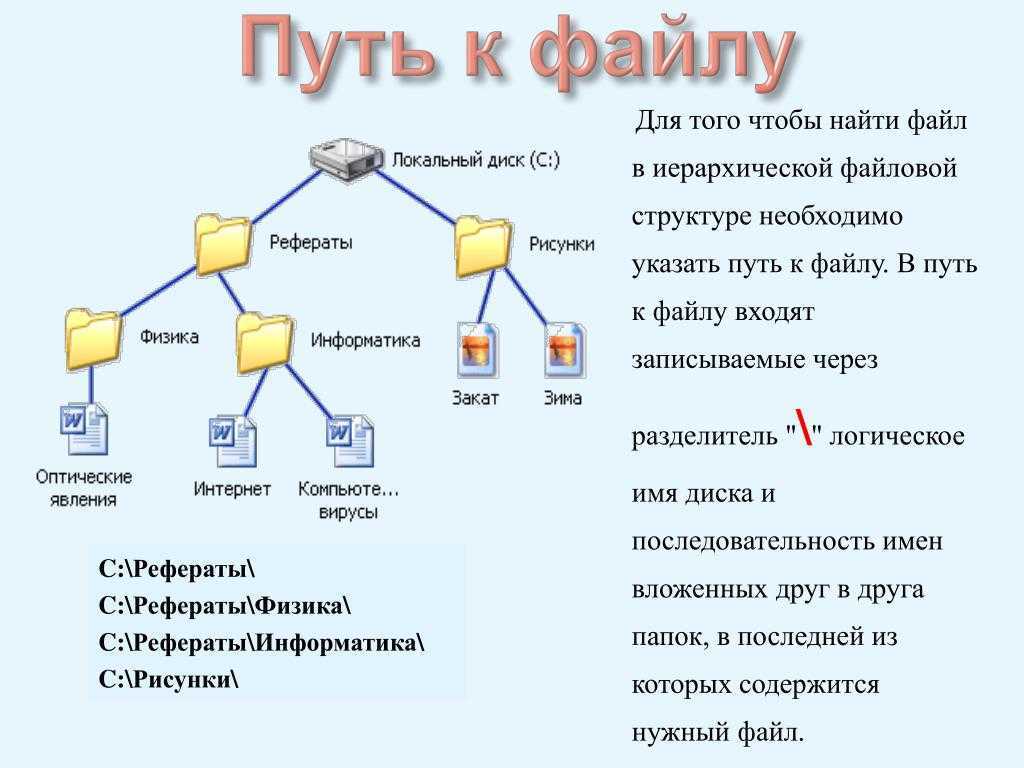
But first, keep in mind that you may decide to check:
- The age of an already existing domain name you want to buy
- The age of your competitors’ domain names
- Or just the age of your own domain name.
Of course, the primary reason for checking domain age is to know WHEN the domain was registered and HOW OLD it is now.
Now, chances are that you already know when you registered your own operating domain name. So if you were to check it up, that’s not the best way to spend your time and won’t do you much good (except you’ve forgotten when you registered your domain name).
That leaves us with the other two options:
- Checking the domain age of a name you want to buy
- Checking the age of competing domains
Checking the age of your competitors’ domain name does just about one thing for you: you now know just how long their domain names have existed, which gives you an idea of what you’re competing with.
On the other hand, checking the age of a domain name you are looking to buy gives you an idea of what you are about to get into.
For these two reasons, below are the reasons why knowing domain age matters:
- You get to have an idea of the size of the backlink profile of the domain nameThere is a high chance that an aged domain name will have a greater link profile.Why? Because it has existed for a long while and may have accumulated some links over time.The owner might have put in some effort to build some quality backlinks, and search engines do take into consideration the quantity and quality of backlinks in ranking a websites.The SEO work done in the past by the previous owner to create a good link profile can be a big plus for future owners.
- You get to have an idea of how well the domain does in search engine rankingsAs said just above, chances are that a long-existing domain name (with a quality backlink profile) will do fairly well in search. In fact, most SEOs believe that domain age is one of Google’s ranking factors.If a domain has a good search engine ranking, it will save you a lot of SEO time, money, and effort.
 And checking its age gives you an idea of how well the name might be doing in search.
And checking its age gives you an idea of how well the name might be doing in search. - You get to have an idea of how much traffic to expectA long-existing and established domain will be getting a fair amount of traffic.Although there are other factors that determine the amount of traffic a website gets, like publishing regular content, etc., a domain name that has existed for a while will still “naturally” perform better than new ones in term of organic or direct traffic.
- You get to have an idea of the domain name’s reputationBuying a completely new domain name means starting from scratch to build a good reputation. But long-existing domain names sometimes hold an already established positive reputation within their market segment.This means that users have already developed some trust for the name, because it has been there and they know it already.Checking the domain age gives you an idea of how long it’s been there.
- You get to have an idea of how bad the domain name may beWith the above four points in mind, you may start thinking that all long-existing domain names come clean and heavenly.
 Don’t get it twisted, they are not all perfect.After checking the age of a domain name and find that it has existed for long, you can then make efforts to find out if the domain name has some negativism attached to it and for how long.For instance, the previous owner might have been employing black hat SEO techniques to try to gain some search engine advantages. Another problem associated with some existing domain names is having a bad reputation amongst users. Some users may have blocked the website or tagged it as spam or malware. If these flaws are not removed, the future of the domain could be at stake.Checking the domain name gives you an idea of how long it has existed so you can carry out an underground investigation before buying it.
Don’t get it twisted, they are not all perfect.After checking the age of a domain name and find that it has existed for long, you can then make efforts to find out if the domain name has some negativism attached to it and for how long.For instance, the previous owner might have been employing black hat SEO techniques to try to gain some search engine advantages. Another problem associated with some existing domain names is having a bad reputation amongst users. Some users may have blocked the website or tagged it as spam or malware. If these flaws are not removed, the future of the domain could be at stake.Checking the domain name gives you an idea of how long it has existed so you can carry out an underground investigation before buying it.
NEXT STEP
Simply go ahead and start checking NOW!
All the domain information our tool provides can help you in making the best decision on purchasing a used domain name.
However, you should not just depend on this one tool to make a decision.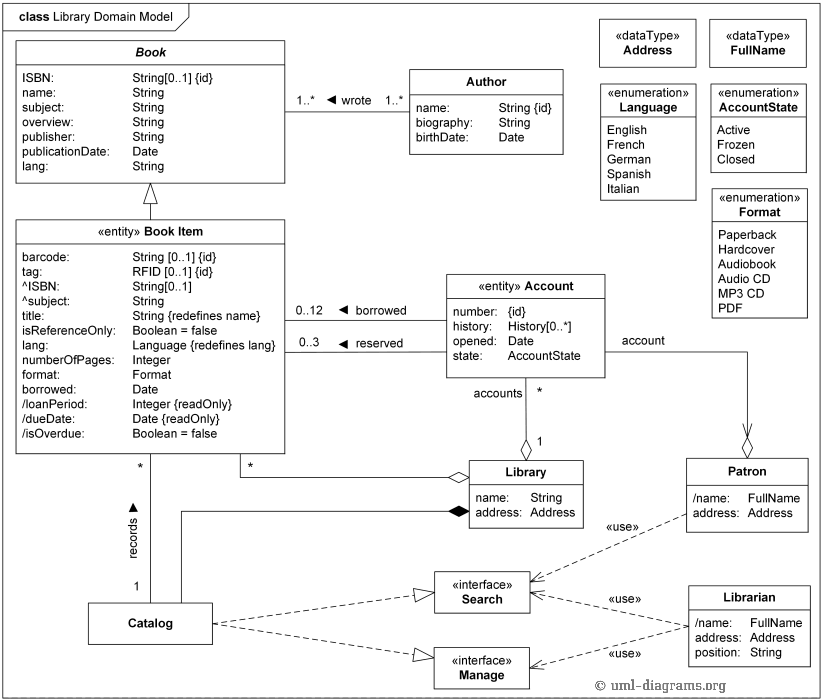 You should thoroughly investigate the domain name, and we do have an array of tools for that.
You should thoroughly investigate the domain name, and we do have an array of tools for that.
These include our Backlink Checker, Whois Checker, Domain Authority Checker, and Blacklist Lookup tools. All these tools can come in pretty handy in helping you make the correct purchasing decision about buying an already existing domain name.
Other languages: English, русский, 日本語, italiano, français, Português, Español, Deutsche, 中文
Как проверить историю доменного имени : 5 Удивительные инструменты
Хорошо, теперь вы определились с названием вашего доменного имени , которое вы собираетесь использовать для своего следующего предприятия. Сцена установлена, и все распланировано. Теперь все, что вам нужно, чтобы получить то доменное имя, которое вы всегда хотели.
Интернет оставляет следы, которые легко отследить и пройти долгий путь. Доменное имя, которое вы выбрали, может иметь собственную историю.
Вероятно, у него есть собственная черная история вредоносного кода и конфиденциального содержимого.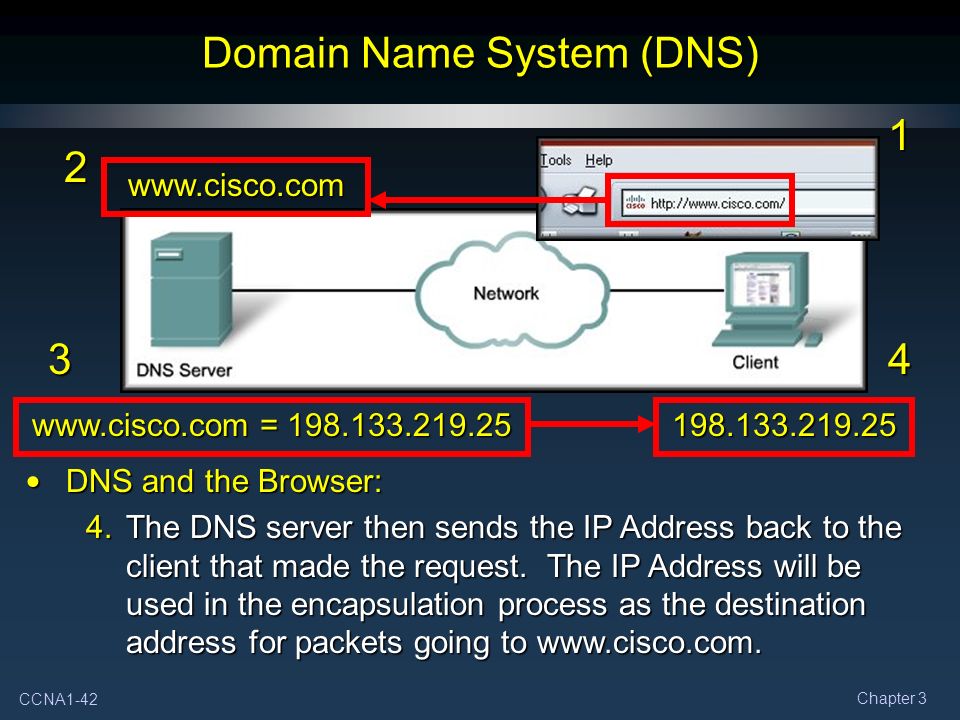 Он мог пройти через разных владельцев, а затем оказаться на вашей тарелке.
Он мог пройти через разных владельцев, а затем оказаться на вашей тарелке.
Прошлое имеет большое значение в этом мире Интернета. Итак, откуда вы знаете прошлое вашего доменного имени, с которым вы собираетесь работать? Прежде чем прыгнуть в красочную лодку своего нового доменного имени, убедитесь, что вы прекрасно понимаете, что получаете, чтобы не удивляться, когда получите его.
Интернет также позволил узнать историю любого доменного имени, чтобы вы могли выполнить свою часть работы, прежде чем переходить к доменному имени. Итак, вот лучшие инструменты в Интернете, чтобы проверить историю любого доменного имени.
1. Инструменты домена
Это платная услуга от Инструменты домена . Инструменты домена позволяют зарегистрированным премиум-пользователям подробно просматривать исторические данные любого веб-сайта.
Платная услуга стоит $49.95/мес. Domain Tools предоставляет своим пользователям широкий набор важных статистических данных и самую полную базу данных истории доменов в Интернете .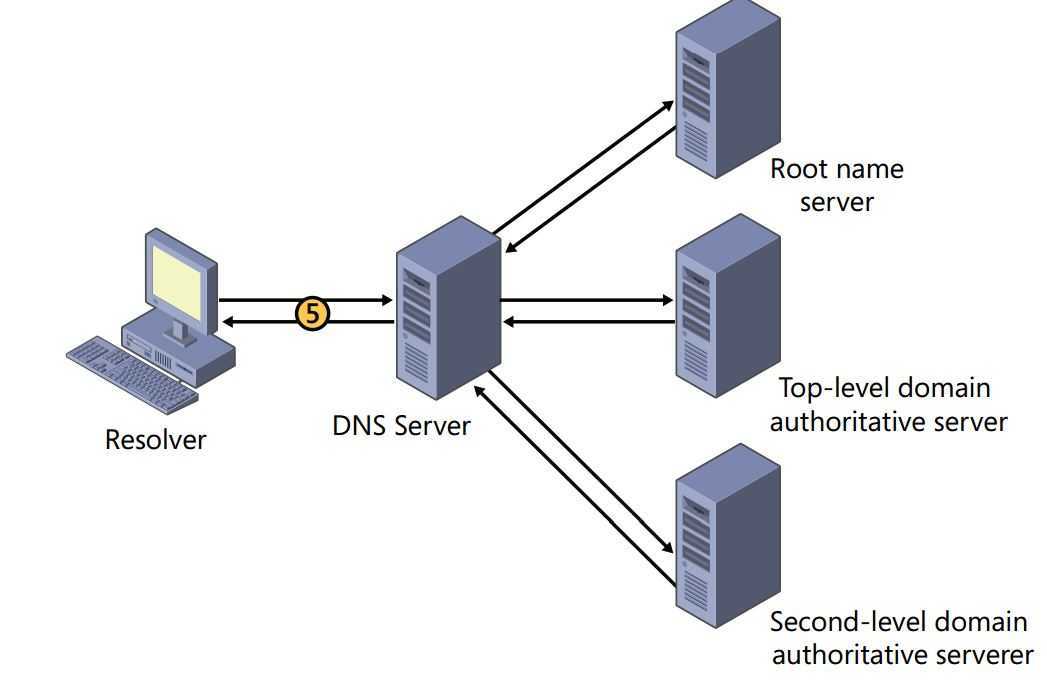 Это помогает пользователям отслеживать изменения владения доменом, последнюю запись о владении и всю пробную версию владения доменом.
Это помогает пользователям отслеживать изменения владения доменом, последнюю запись о владении и всю пробную версию владения доменом.
2. Internet Wayback Machine
Организация с открытым исходным кодом — Internet Archive отвечает за этот бесплатный интернет-зверь! Возможности этой машины неисчислимы и я предпочитаю называть ее зверем! Это машина времени в Интернете. Добро пожаловать на борт!
Этот инструмент позволяет вам вернуться в прошлое к выбранной вами дате и показать вам, каким был сайт в этот день. По сути, это служба хранения файлов cookie, но, тем не менее, это отличный инструмент для возврата в прошлое.
Воспользуйтесь этим инструментом, чтобы отследить происхождение любого доменного имени. И, да, это все бесплатно!
3. Who.is
Who.is — еще один лучший инструмент в Интернете для проверки истории доменного имени. Это бесплатный инструмент для отслеживания большого количества информации о любом доменном имени или даже IP-адресе.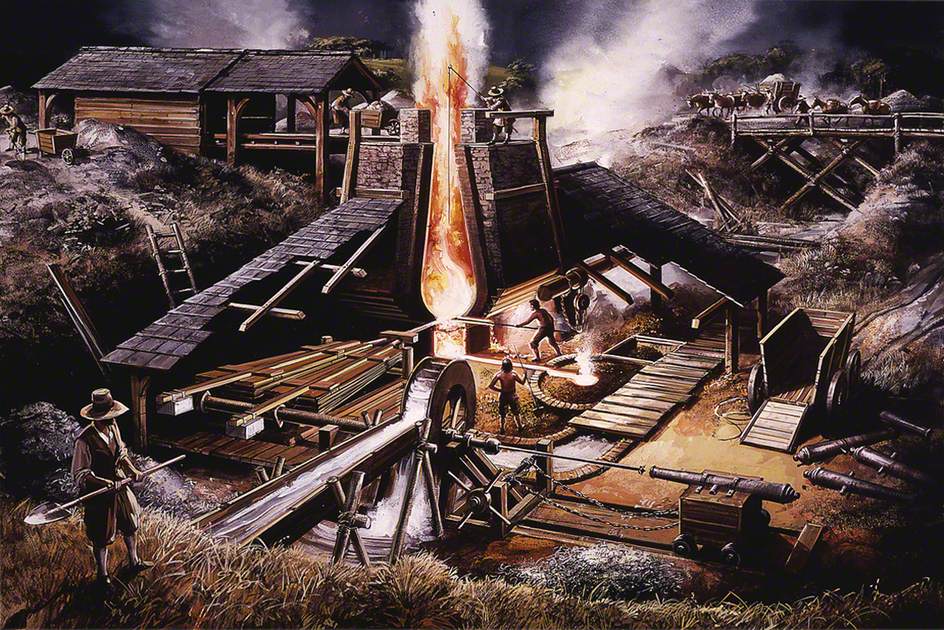
Теперь вы можете проверить информацию о веб-сайте, информацию о его владельце и другую статистику. Этот инструмент предоставляет всю информацию, которую вы хотели бы знать о любом доменном имени. Вы также можете следить за новыми доменами верхнего уровня, чтобы захватить их как можно быстрее.
- См. также: Что каждый владелец домена должен знать о Who.is guard
4. HosterStats
HosterStats — еще один бесплатный инструмент в Интернете для проверки сведений DNS о любом желаемом доменном имени. HosterStats предоставляет бесплатную базу данных DNS доменов с возможностью поиска.
HosterStats также позволяет отслеживать статистику доменов для более чем 5 миллионов хостинг-провайдеров на основе их серверов имен. Исторический охват отслеживания доменов и хостинг-провайдера 9Статистика 0015 восходит к 2000 году. Используйте этот инструмент для отслеживания записей DNS и сведений о владельце вашего доменного имени.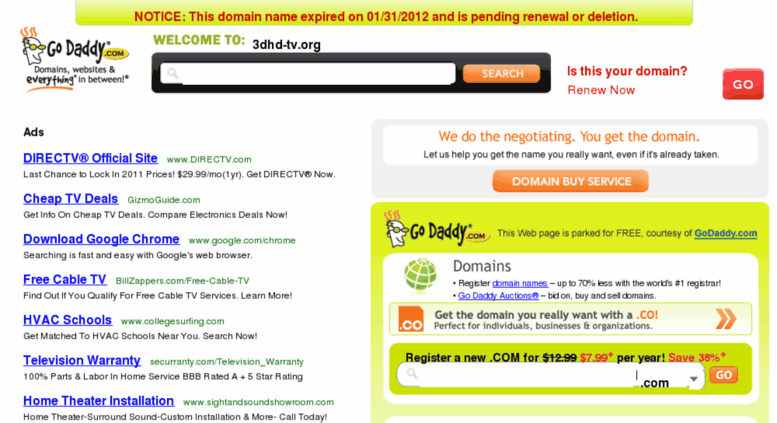
5. Norton Safe Web
Norton Safe Web — это инициатива Norton Security, направленная на обеспечение безопасной работы в Интернете. Safe Web — это инструмент, который отслеживает веб-сайты на наличие вредоносных кодов и других вредоносных программ. Вы можете проверить свое доменное имя , если оно безопасно или занесено в черный список на наличие вредоносных программ, здесь . Norton Safe Web — это лучший инструмент, который позволяет убедиться, что ваше доменное имя чистое, прежде чем завладеть им.
Вредоносные программы и другой вредоносный код на веб-сайте подрывают авторитет веб-сайта, и трудно восстановить утраченную репутацию в мире Интернета. Итак, прежде чем покупать новое доменное имя, убедитесь, что ваше доменное имя чистое и не содержит нежелательного вреда.
Это инструменты, позволяющие узнать историю любого доменного имени. Знаете ли вы какие-либо другие инструменты или сервисы для проверки истории доменного имени? Поделитесь своими мыслями и комментариями ниже.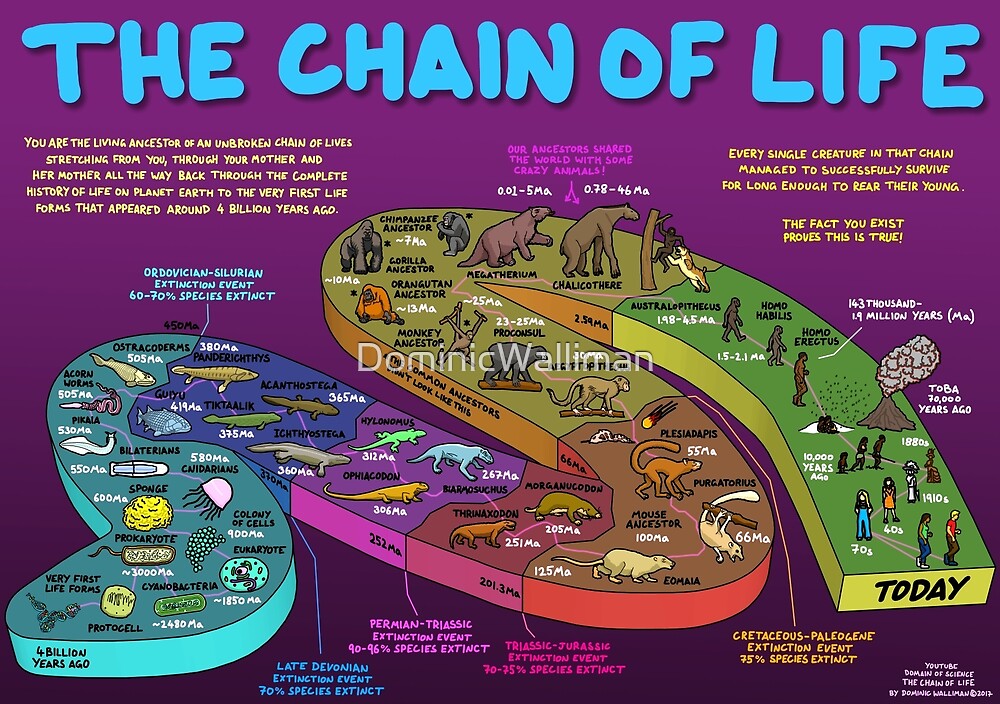
Подписаться
Содержание
- Фейсбук
- Твиттер
- Электронная почта
- Более
4 бесплатных онлайн-инструмента для использования
Любой может зарегистрировать домен верхнего уровня, такой как mydomain.com, у регистратора интернет-доменов за небольшую плату, которая обычно выплачивается ежегодно. Один из шагов регистрации включает в себя предоставление действительной и точной контактной информации регистранта. Эта контактная информация известна как информация WHOIS, которая публикуется в Интернете и доступна для всех в любое время.
Некоторые владельцы доменов очень обеспокоены тем, что их настоящее полное имя, почтовый адрес, адрес электронной почты и номер телефона могут быть так легко получены, особенно спамерами, поэтому они платят дополнительные деньги за подписку на частную регистрацию, такую как «Домены по доверенности», « Конфиденциальность домена», «Защита конфиденциальности» или «WhoisGuard», которые скрывают их личную информацию от публичного доступа. Что касается людей, которые не могут позволить себе частную регистрацию, они просто предоставили поддельные данные или просто скопировали общую информацию о частной регистрации и использовали ее в своем профиле.
Что касается людей, которые не могут позволить себе частную регистрацию, они просто предоставили поддельные данные или просто скопировали общую информацию о частной регистрации и использовали ее в своем профиле.
Предоставление ложной информации WHOIS может привести к потере вашего доменного имени, если об этом будет сообщено ICANN. Вы также не должны злоупотреблять какими-либо частными службами регистрации, незаконно используя их контактную информацию для вашего WHOIS, не платя за это, и это также может создать проблемы для вашего домена.
Если вам нужно связаться с текущим или предыдущим владельцем доменного имени, это все еще можно сделать, просмотрев историческую информацию WHOIS. Есть вероятность, что при регистрации домена владелец не подписался ни на одну из служб конфиденциальности домена, а вместо этого ввел свои настоящие контактные данные. Здесь у нас есть 5 онлайн-сервисов, которые могут искать записи истории домена WHOIS.
1. DomainTools
DomainTools — это веб-сайт, который предлагает ряд онлайн-инструментов премиум-класса, очень полезных для проведения исследований в домене.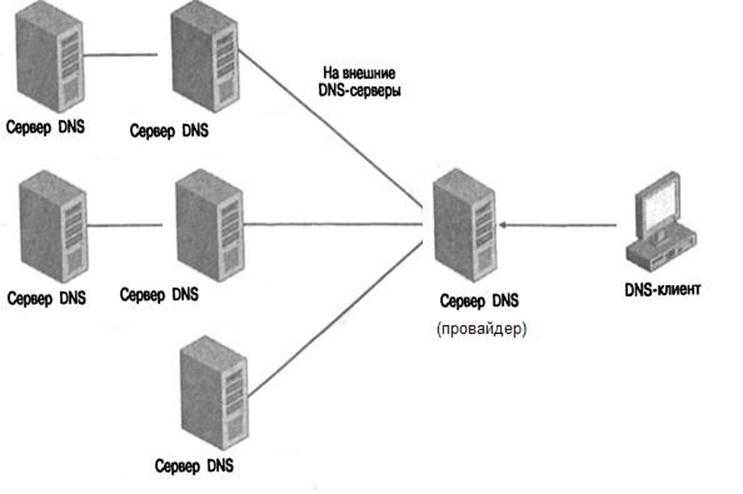 Одной из ценных услуг, предлагаемых DomainTools, является история Whois, где вы можете искать исторические записи информации WHOIS для домена.
Одной из ценных услуг, предлагаемых DomainTools, является история Whois, где вы можете искать исторические записи информации WHOIS для домена.
К сожалению, функция истории Whois доступна только для участников с подпиской Professional, стоимость которой составляет 49,95 долларов США в месяц. Тем не менее, вы можете зарегистрировать 7-дневную пробную учетную запись, которая стоит 1 доллар США в качестве проверки, чтобы убедиться, что ваша кредитная карта действительна, и вы можете использовать поиск по истории whois в 100 доменах. Если вы отмените пробную учетную запись профессионального членства в течение 7 дней, с вашей кредитной карты вообще не будет взиматься плата.
Найти историю владения доменом так же просто, как ввести имя домена в поле и нажать кнопку «Поиск».
Пользователи, не вошедшие в систему, смогут видеть только общую статистику истории whois, такую как количество исторических записей, найденных для доменного имени, количество значительных изменений и процент данных о владении доменным именем.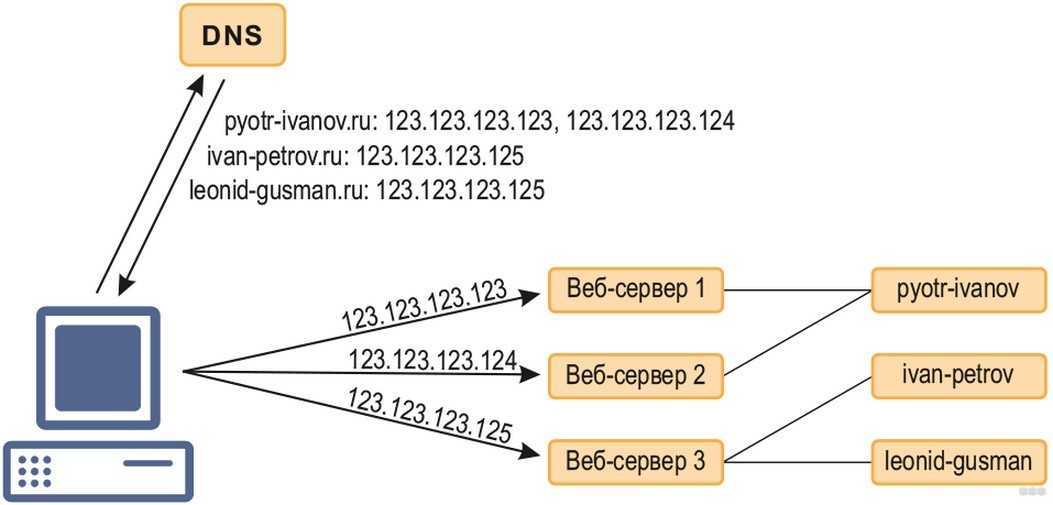 Профессиональные участники получают доступ ко всем записанным данным истории whois, просто щелкнув дату.
Профессиональные участники получают доступ ко всем записанным данным истории whois, просто щелкнув дату.
Как вы можете видеть из приведенного выше примера отчета истории whois, он показывает данные whois, датированные 2007 годом, содержащие информацию о владельце домена. Частный значок, расположенный рядом с датой, очень полезен для быстрого определения того, являются ли эти конкретные старые данные Whois записью для защиты конфиденциальности, поэтому вы можете пропустить просмотр этой записи истории.
Посетите DomainTools Whois History
2. REG.COM
REG.COM — российский регистратор доменных имен, который также предоставляет услугу истории WHOIS, которую можно найти в разделе веб-инструментов. В отличие от DomainTools, REG.COM не предоставляет вам общую статистику истории домена перед покупкой. Из того, что мы протестировали, запрос истории whois для одного домена будет стоить 165 рублей, что составляет около 2,80 долларов США. Если вы готовы заплатить цену, добавьте ее в корзину, создайте учетную запись, активируйте ее и произведите оплату. После успешной оплаты войдите в систему, нажмите «Все» в правом верхнем углу и выберите «Моя история WHOIS».
Если вы готовы заплатить цену, добавьте ее в корзину, создайте учетную запись, активируйте ее и произведите оплату. После успешной оплаты войдите в систему, нажмите «Все» в правом верхнем углу и выберите «Моя история WHOIS».
Вы можете нажать «Показать результат», чтобы открыть историю whois домена в новой вкладке, или нажать кнопку «Электронная почта», чтобы отправить отчет на свой адрес электронной почты. Из теста мы видим, что результат истории WHOIS от REG.COM очень простой, без каких-либо фильтров или временной шкалы, как то, что вы видите в DomainTools.
Мы также обнаружили, что REG.COM предлагает больше исторических результатов, чем DomainTools. Однако после более внимательного изучения результатов и сравнения их с данными DomainTools кажется, что записи истории WHOIS с REG.COM — это точно такие же записи из DomainTools. Что касается дополнительных записей на REG.COM, то они просто дублируют информацию из следующей более ранней/поздней записи.
Мы думаем, что записи истории WHOIS REG. COM взяты из DomainTools, и они просто добавили еще несколько повторяющихся записей между ними, чтобы их результаты не выглядели точно так же, как у DomainTools.
COM взяты из DomainTools, и они просто добавили еще несколько повторяющихся записей между ними, чтобы их результаты не выглядели точно так же, как у DomainTools.
Посетите REG.COM История WHOIS
3. DomainHistory.net
DomainHistory.net — это простой веб-сайт, который предлагает информацию о домене, включая текущую/прошлую информацию whois и обратный адрес электронной почты/регистратора/IP . Все, что вам нужно сделать, это ввести доменное имя на веб-сайте и нажать кнопку «Поиск». Исторические данные whois отображаются на странице результатов, и вы можете сразу перейти к конкретной дате записи с правой стороны.
DomainHistory.net, кажется, предлагает профессиональное членство, которое стоит 29,99 долларов в месяц с бесплатными первыми 30 днями, чтобы получить неограниченный whois, историю домена и отчеты об экспорте. Однако не было четких инструкций или информации о том, как работают бесплатные 30 дней или даже как их получить.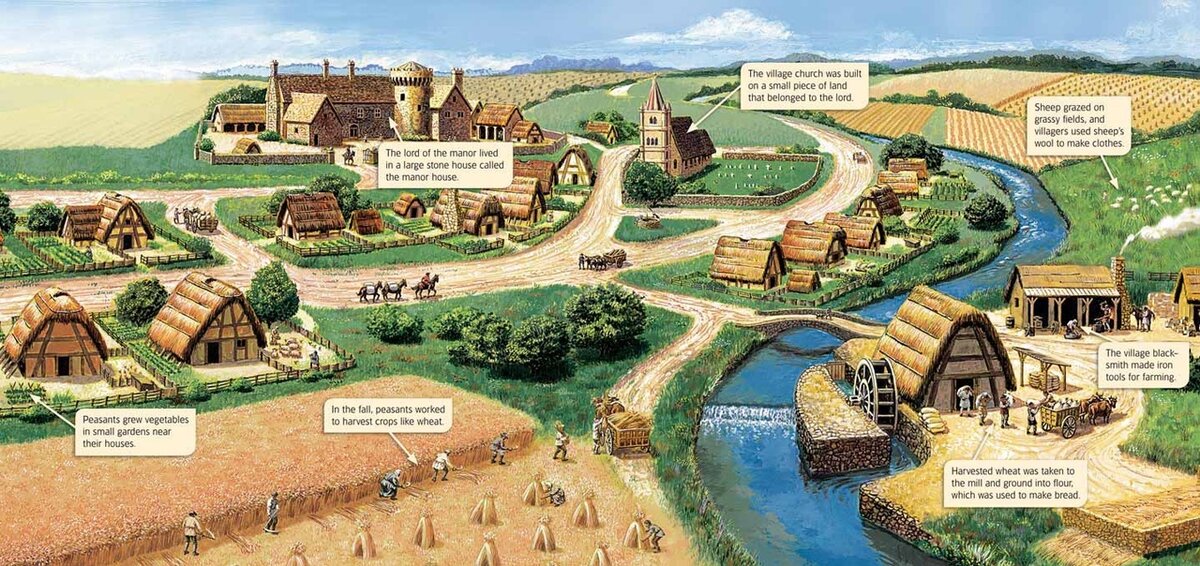 Все, что мы видим, это место для ввода информации о нашей кредитной карте после входа в новую зарегистрированную учетную запись.
Все, что мы видим, это место для ввода информации о нашей кредитной карте после входа в новую зарегистрированную учетную запись.
Посетите DomainHistory.net
4. WhoisMind
WhoisMind, вероятно, единственный провайдер, который предлагает данные истории Whois бесплатно. На самом деле все другие онлайн-инструменты с их веб-сайта, такие как WHOIS и SEO-отчеты, также бесплатны и не требуют регистрации или учетной записи членства. Чтобы получить архивную информацию WHOIS, введите доменное имя в поле на их веб-сайте и нажмите кнопку whois. Затем щелкните вкладку История Whois, чтобы открыть доступную старую информацию Whois.
Отслеживание и архивирование информации WHOIS старого домена требует большой мощности сканирования, и это должно быть начато много лет назад, чтобы иметь обширную базу данных. Вот почему большинство, если не все поставщики исторических данных WHOIS берут деньги за эту информацию. Поскольку WhoisMind бесплатен и не был запущен раньше, мы не ожидаем, что у него будет большая база данных архивных данных whois.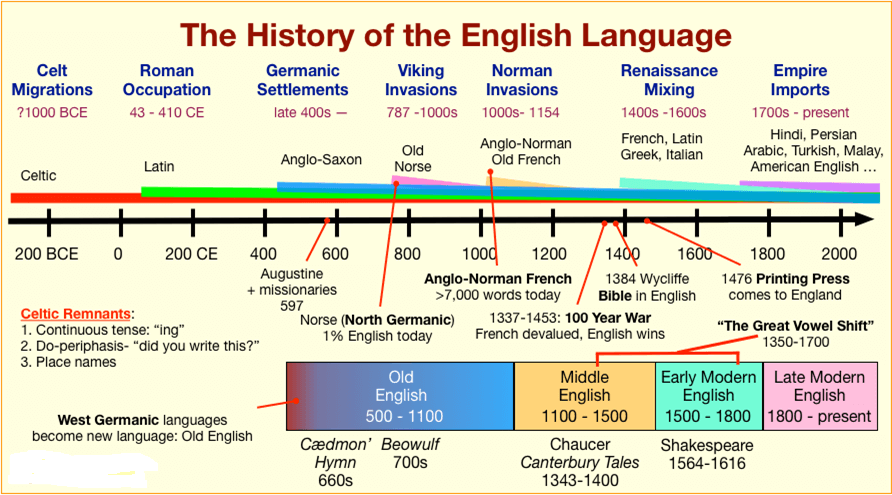

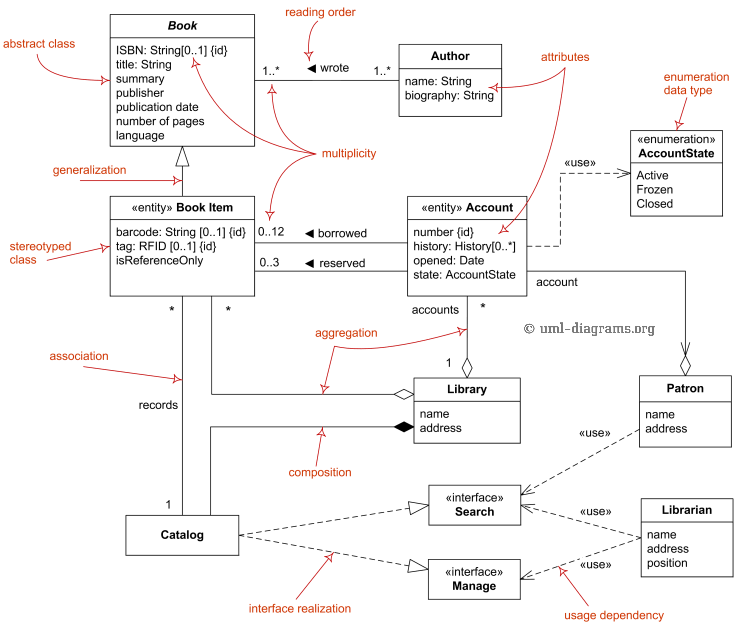
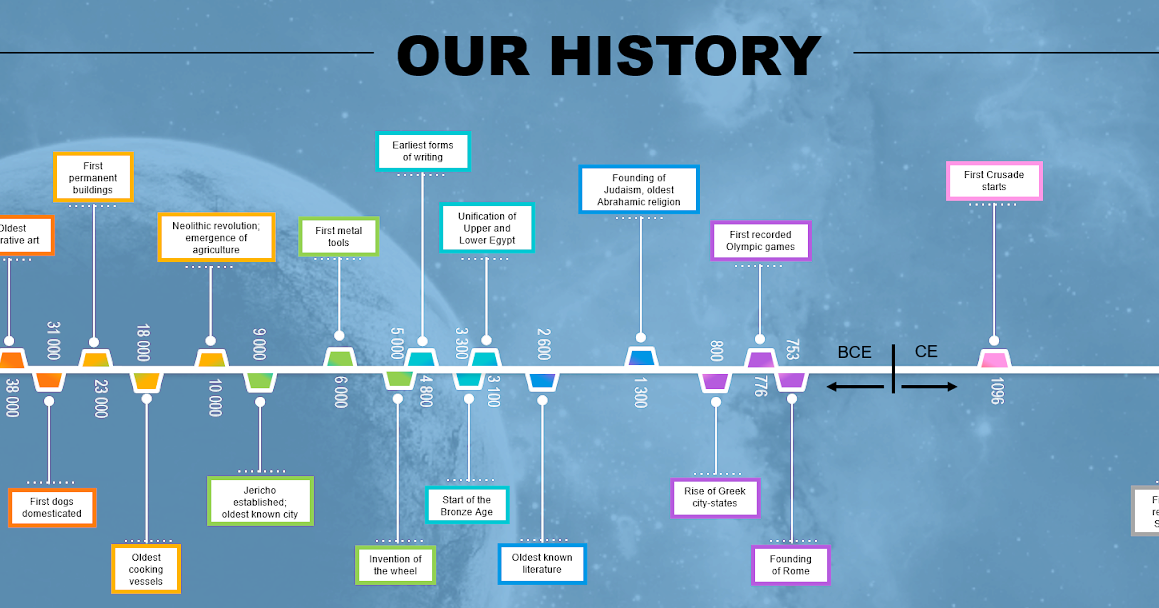 Getting rid of these nagging infinities has probably occupied far more effort than was spent in originating the theories.
Getting rid of these nagging infinities has probably occupied far more effort than was spent in originating the theories.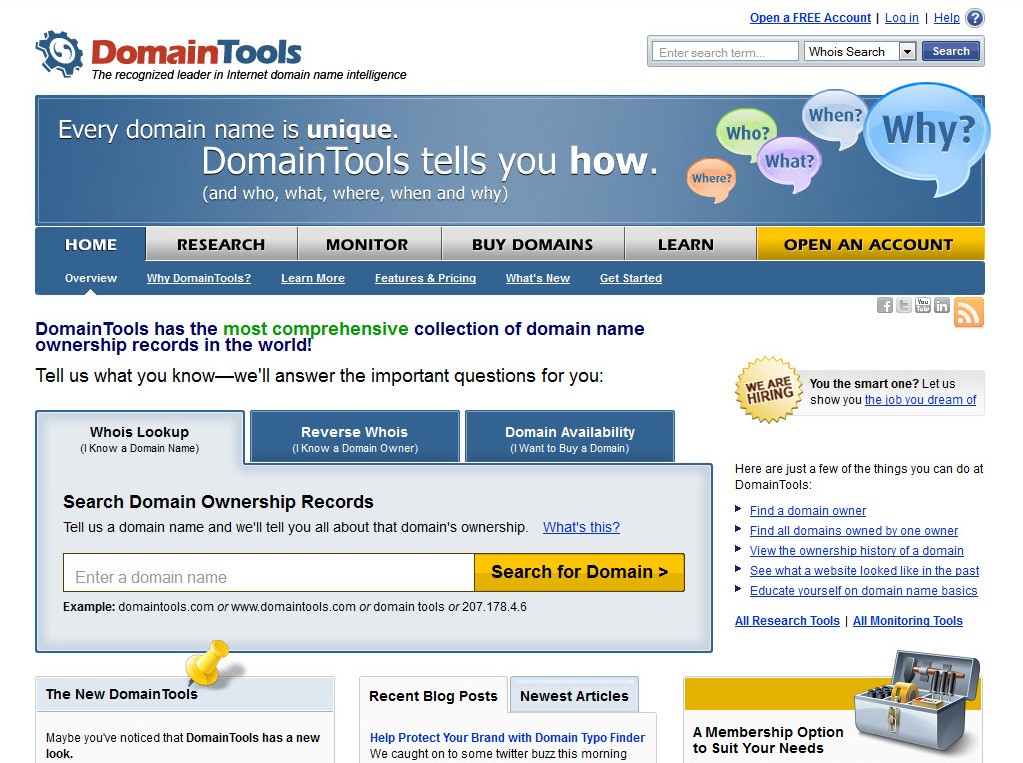
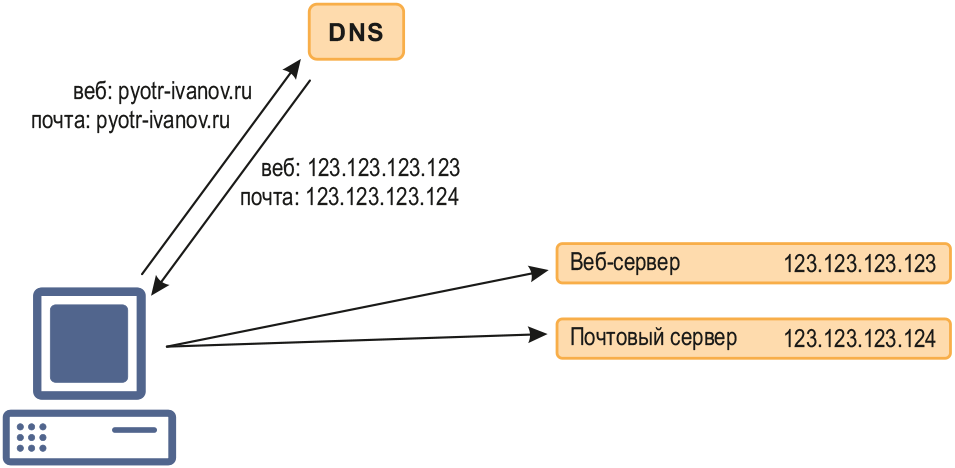
 Wikipedia
Wikipedia
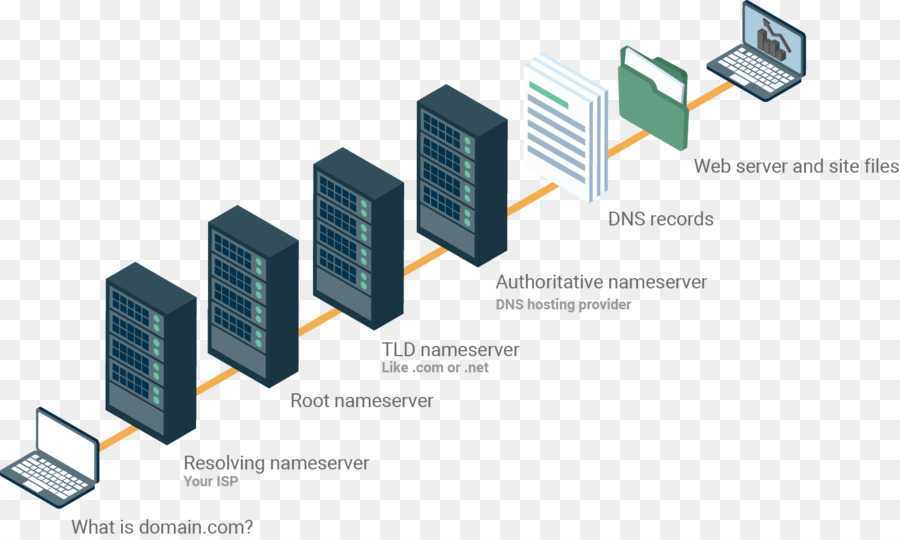 org, including past designs, layouts, contents, etc.
org, including past designs, layouts, contents, etc. And checking its age gives you an idea of how well the name might be doing in search.
And checking its age gives you an idea of how well the name might be doing in search. Don’t get it twisted, they are not all perfect.After checking the age of a domain name and find that it has existed for long, you can then make efforts to find out if the domain name has some negativism attached to it and for how long.For instance, the previous owner might have been employing black hat SEO techniques to try to gain some search engine advantages. Another problem associated with some existing domain names is having a bad reputation amongst users. Some users may have blocked the website or tagged it as spam or malware. If these flaws are not removed, the future of the domain could be at stake.Checking the domain name gives you an idea of how long it has existed so you can carry out an underground investigation before buying it.
Don’t get it twisted, they are not all perfect.After checking the age of a domain name and find that it has existed for long, you can then make efforts to find out if the domain name has some negativism attached to it and for how long.For instance, the previous owner might have been employing black hat SEO techniques to try to gain some search engine advantages. Another problem associated with some existing domain names is having a bad reputation amongst users. Some users may have blocked the website or tagged it as spam or malware. If these flaws are not removed, the future of the domain could be at stake.Checking the domain name gives you an idea of how long it has existed so you can carry out an underground investigation before buying it.